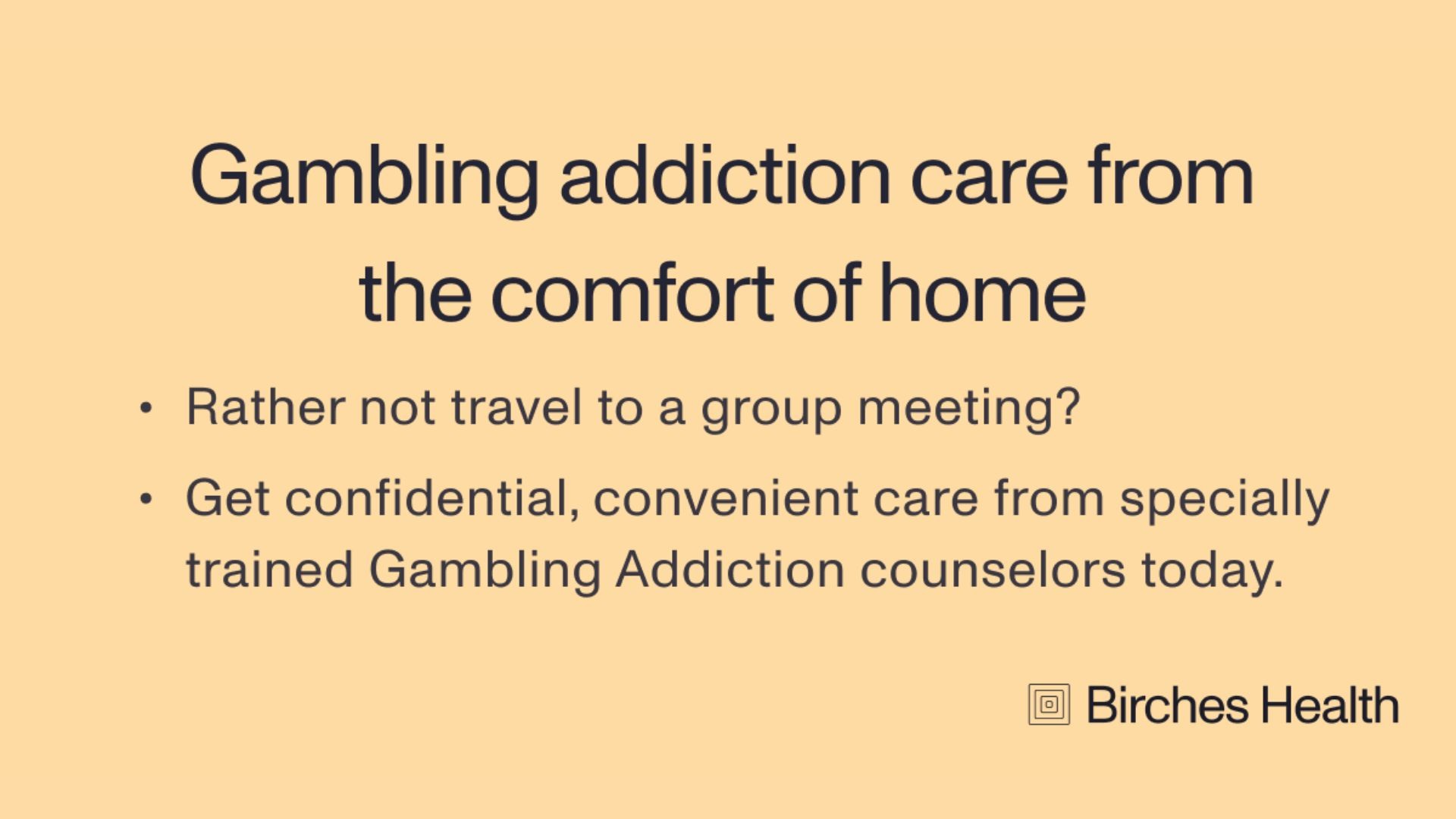Autism and Gambling Addiction: Exploring the Connection
Published:
Jun 30, 2025
,
12:51 p.m.
ET
Key Points:
Research shows a possible link between autistic traits and increased risk of gambling problems, though more studies are needed.
Certain traits common in autism, like impulsivity or difficulty with flexible thinking, may overlap with known risk factors for gambling addiction.
Behavioral addictions in general, including gaming and internet use, appear more common among individuals with Autism Spectrum Disorder (ASD).
————
Autism Spectrum Disorder (ASD) affects how individuals communicate, interact socially and process information. These traits can create beautifully unique strengths, but they can also present challenges, including an increased vulnerability to certain mental health conditions and behavioral addictions. While research on the direct connection between autism and gambling addiction is still emerging, some studies that have been conducted suggest autistic traits may play a role in problematic gambling behavior for some people.
As researchers work to clarify how and why this overlap exists, we can still draw from the current evidence, examine what the data means for autistic individuals and their families and how treatment can help those struggling regain control.
Are individuals with autism more likely to develop a gambling addiction?
One growing area of interest is how certain traits linked to autism, like rigid thinking, impulsivity and difficulty recognizing risky patterns, might contribute to developing a gambling problem.
A systematic review focused on the neurocognitive links between autistic traits and gambling found that while studies on autism and gambling are limited, the most consistent finding is that individuals with autism tend to have slower decision-making on gambling tasks (i.e., longer time taken to make decisions, or increased latency to respond). This can affect how quickly they respond to wins or losses, potentially fueling repetitive betting patterns.
In a cross-sectional Japanese clinical sample, nearly 30% of people being treated for gambling disorder screened positive for significant autistic traits, which is a rate much higher than in the general population.
In another study, findings from a community-recruited sample of non-treatment-seeking young adults showed that autistic traits were associated with gambling addiction symptoms, and the link even remained strong when controlling for factors like ADHD symptoms. These results suggest that autistic tendencies may connect to gambling harms, but more research is needed.
Certain autistic traits’ connection with gambling disorder
The connection is mainly around specific behaviors and ways of processing information, not just diagnostic labels. Researchers note that individuals with autism often have a strong focus on restricted interests and routines, which can align with the repetitive nature of gambling. When combined with traits like impulsivity or a need for predictable rewards, gambling can become a tempting escape or even a hyper-focus for some.
A recent study on microtransactions and loot boxes (which share similarities with gambling) found that people with higher numbers of autistic traits reported more problematic symptoms and at-risk gaming behaviors, even when controlling for other factors. While spending on loot boxes specifically did not increase with autistic traits alone, the overlap with broader gambling risk stands out.
Being male, in adolescence or young adulthood, and having co-occurring mental health concerns like ADHD or anxiety are among the demographic factors that may raise risk and amplify vulnerability for individuals with autism to problem gambling and other behavioral addictions.

To connect with Birches, you can click here, call 833-483-3838 or email help@bircheshealth.com
Connections between autism and behavioral addictions in general
The potential link between autism and gambling is part of a bigger picture: individuals on the autism spectrum often show higher rates of other behavioral addictions. One systematic review concluded that behaviors like compulsive shopping, internet overuse and problematic gaming are more prevalent in autistic populations than in the general public. It is important to note that these findings sometimes overlap with other mental health conditions.
Video gaming is a clear example. People displaying neurodivergence are more prone to excessive gaming, sometimes spending twice as much time playing as neurotypical peers. Many use gaming as an outlet to ease stress, avoid uncomfortable social interactions or find a sense of achievement. A separate systematic review analyzing data from over 90,000 participants confirmed that individuals with autistic traits consistently show higher rates of problematic video gaming and compulsive internet use.
These patterns suggest a shared set of risk factors that may help explain why gambling disorder could be more likely to develop in those with autism.
Conclusion: More research needed
While early studies indicate a link between autistic traits and gambling harm, experts stress that larger, better-designed studies are needed. Current research often relies on self-reported surveys or cognitive lab tasks that don’t fully capture real-world gambling behavior. It’s crucial to examine how factors like cognition, impulsive habits and co-occurring conditions like substance use shape this relationship.
Better understanding this overlap will help clinicians create tailored prevention and treatment strategies, and help families recognize signs of problem gambling early.
Gambling Addiction support
If you or someone you love may be struggling with their gambling, know that you are not alone and specialized support is available. Birches Health offers confidential, evidence-based treatment for gambling addiction, designed to address the unique psychological and behavioral factors that drive compulsive betting.
Licensed clinicians provide personalized online therapy for sports betting, casino and lottery and other gambling- and gaming-related concerns. Treatment is discreet, flexible and can be covered by insurance, making it easier than ever to take the first step toward recovery.
Ready to begin recovery?
Call 833-483-3838
Email help@bircheshealth.com





